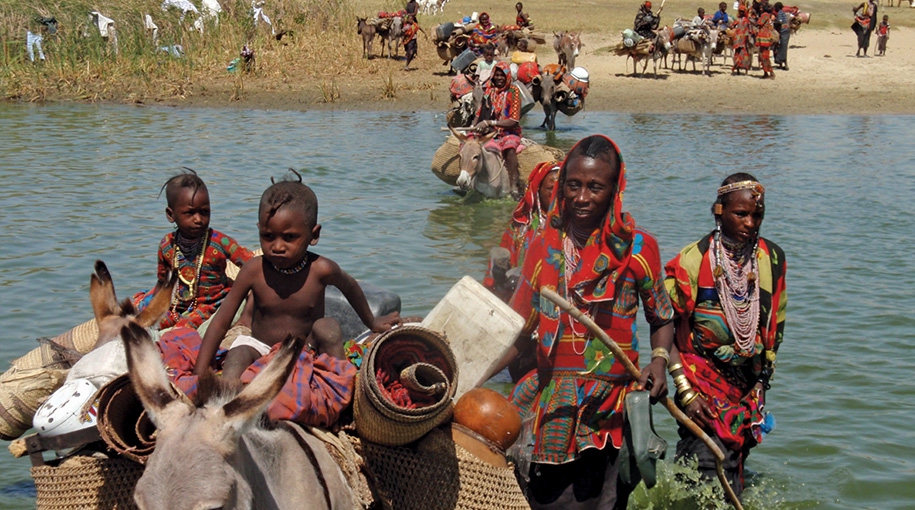Keynote Address: Indigenous Peoples’ Forum in IFAD, 4th Global Session, 12-14 February 2019, IFAD Headquarters, Rome, Italy
Victoria Tauli-Corpuz, UN Special Rapporteur on the Rights of Indigenous Peoples
Mr. Gilbert Houngbo, President of IFAD, Mr. Paul Winters, Members of the Governing Council of IFAD, the Senior Management and staff of IFAD, members of the Indigenous Peoples’ Steering Committee, Indigenous representatives, ladies and gentlemen,
It is an honor for me to speak at this opening plenary of the 4th Global Meeting of the Indigenous Peoples’ Forum at IFAD. I always look forward to attending this Forum because it represents what can possibly be achieved through a partnership between indigenous peoples and a UN Multilateral Financial Institution. For many of us, indigenous peoples, we started knowing IFAD only in 2001. It has not been that long but many milestones have been achieved between then and now. The theme “Promoting Indigenous Peoples’ Knowledge and Innovations for Climate Resilience and Sustainable Development” is so apt as several of the gains achieved by indigenous peoples since the Forum in 2017 speak to this theme.
What I will do today is to walk you through a short history of indigenous peoples in the UN, share briefly what I do as the UN Special Rapporteur on the Rights of Indigenous Peoples as it relates to the concerns we are talking about. I will highlight the key gains indigenous peoples achieved in their work at the local, regional and global arenas and the challenges and opportunities for indigenous peoples and identify what IFAD can do to build upon these gains.
Allow me to tell you briefly when and how the indigenous peoples managed to get into the UN. This started during the period of the League of Nations. As early as 1923, Deskaheh, Chief of the Iroquois League, representing the Six Nations of the Iroquois Confederacy, went to Geneva to speak before the League of Nations. He was not allowed to do this. Then the Maori religious leader T.W. Ratana also went in 1925 to talk about what is happening with the Waitangi Treaty. Again, he was refused. It was only in 1970s that a huge group of indigenous peoples went to UN in Geneva to get a resolution passed to create a Working Group on Indigenous Populations. The
UN Working Group on Indigenous Populations was established in 1982 and it worked on the draft of the UN Declaration on the Rights of Indigenous Peoples. This work started in 1985 until we finally got the UN General Assembly to adopt the Declaration in Sept. 13, 2007. The ILO also has adopted in 1957 a Convention 107 on Indigenous and Tribal Populations, which was later revised in 1989 and became ILO Convention No. 169 on Indigenous and Tribal Peoples. Subsequently, we got the UN to establish the UN Permanent Forum on Indigenous Issues (2001), the UN Special Rapporteur on the Rights of Indigenous Peoples (2001) and the Expert Mechanism on the Rights of Indigenous Peoples (2007) under the Human Rights Council.


